From October 31st to November 1st, 2020, the 16th Academic Public Administration Symposium with Taiwan, Hong Kong, and Macao was successfully held in Zhejiang University. The symposium invited established experts and scholars in the field of public management from Taiwan, Hongkong, Macao, and the mainland to exchange ideas on the topic of Public Governance Innovation in the Big Data Era. This symposium includes about 50 offline participants and 20 online speakers with a total of more than 15000 online spectators.
The opening ceremony was hosted by Professor Zhang Weiwen, Vice Dean of School of Public Administration at Zhejiang University. In addition, five speakers delivered speeches on behalf of the sponsors of the seminar, including Professor Yang Kaifeng, Dean of School of Public Administration at Renmin University of China, Professor Jiang Mingxiu, School of Social Sciences at Taiwan Chengchi University, Professor Lu Yonghong, Department of Politics and Administration at Chinese University of Hong Kong, Professor Hu Weixing, School of Social Sciences at the University of Macao, Professor Yu Jianxing, President of Zhejiang Industrial and Commercial University and dean of the School of Public Administration of Zhejiang University. The speakers congratulated the successful convening of the seminar and expressed sincere wishes to promote academic exchanges among the four places.
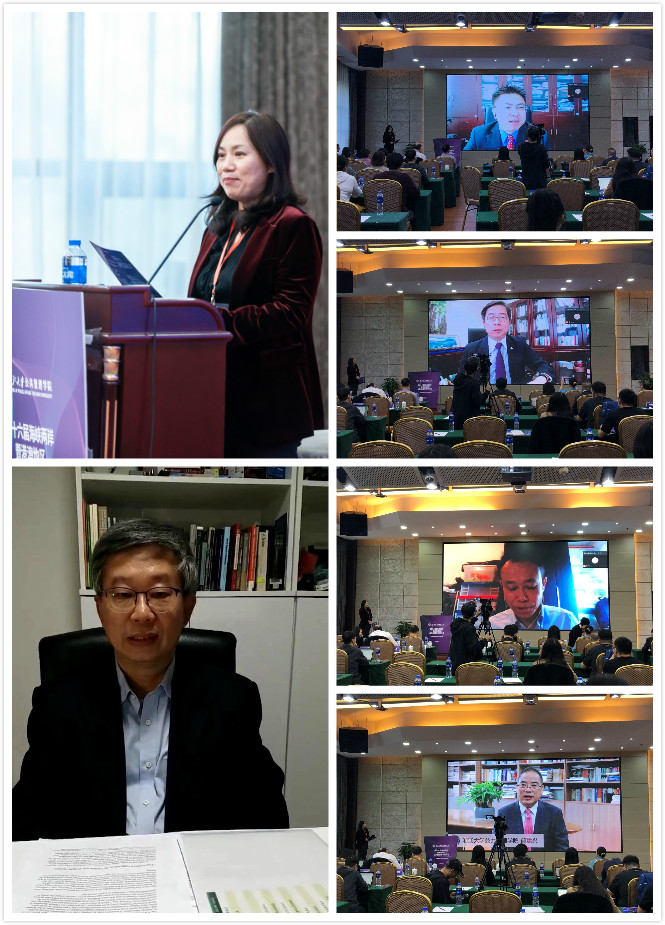
Under the hosting of Professor Jiang Xiaoping, Secretary of the Party Committee of the School of Public Administration of Sichuan University, five scholars gave presentations on the topic. Professor Zhang Guangming from the School of Police Administration of Taiwan Police University first spoke on the application of administrative law and administrative science in policing. He introduced how the development of public administration has changed the development of policing. His speech included the evolution of administrative law, the development of administrative law in Taiwan, the evolution of special power relations, policing influenced by traditional public administration, and the characteristics of contemporary policing. Subsequently, Professor Xiao Hanyu of the Department of Asian and Policy Studies of the Hong Kong University of Education demonstrated how big data could be applied to corruption governance through an in-depth case study of Supervision by Internet +. Lai Jianming, assistant dean of the School of Social Sciences of the University of Macau, discussed how to introduce big data and artificial intelligence into public governance, analyzing the advantages of big data's application and public governance. Associate Professor Zhang Nan Diyang from the School of Public Administration of Renmin University of China, took China's multi-regulation in one reform as an example to describe the cooperation mechanism of government departments from the perspective of functional reorganization and business process reengineering. Finally, Associate Professor Gao Xiang from the School of Public Administration of Zhejiang University shared the findings from a research on the mechanism of information technology in vertical intergovernmental governance through a case study, pointing out the benefits and limitations of digital rights.
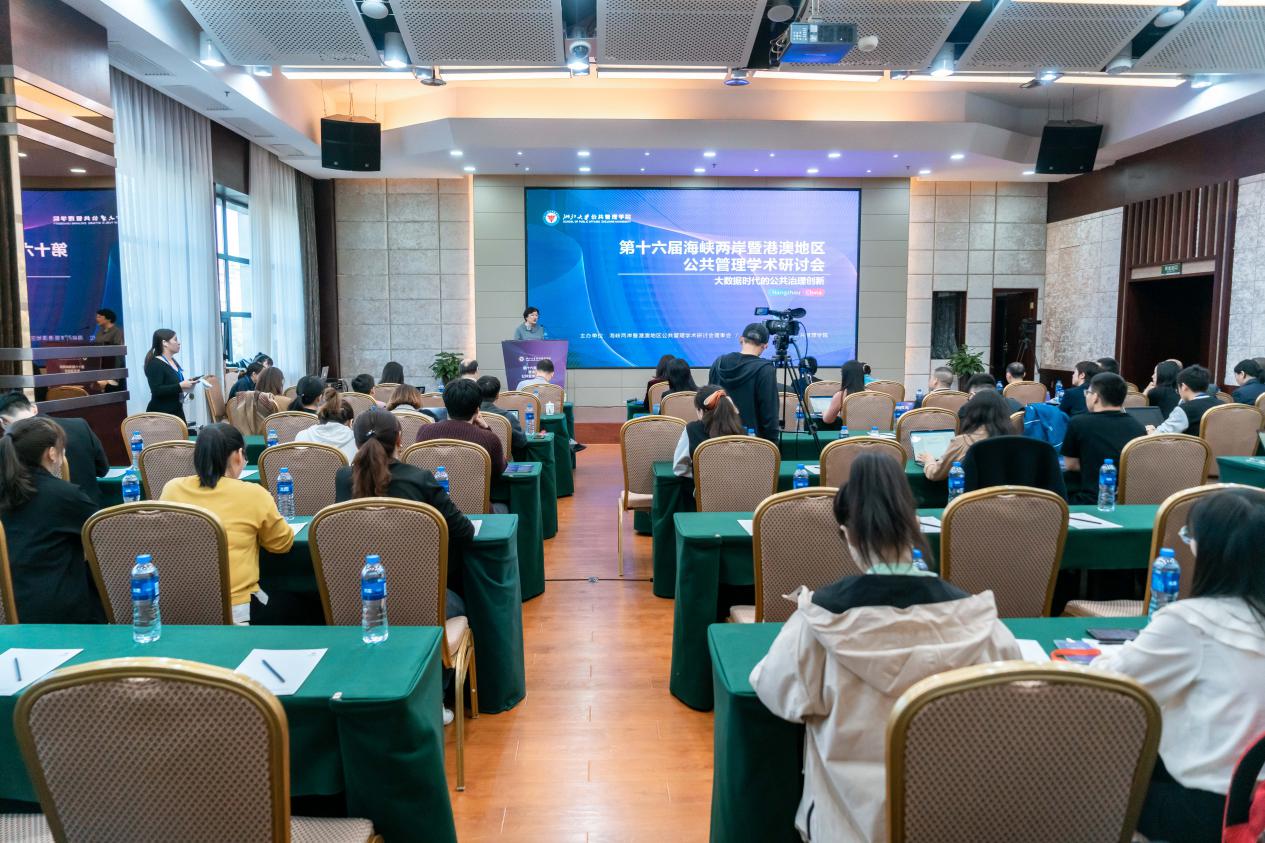
In the round table forum, five participants shared information on publication with potential authors, including Associate Professor Mei Zhiqi from the editorial Department of Public Management Review, Professor Li Wenzhao, Deputy Editor of Public Management and Policy Review, Professor Liu Junqiang, Editor of Public Administration Review, Research Fellow Wang Shengqiang, Associate Editor of academic monthly, and Associate Professor Shen Yongdong of JOURNAL OF CHINESE GOVERNANCE editorial Department. The round table forum was hosted by Dr. Yu Yingzhi, a research fellow from the hundred talents Program of Zhejiang University.
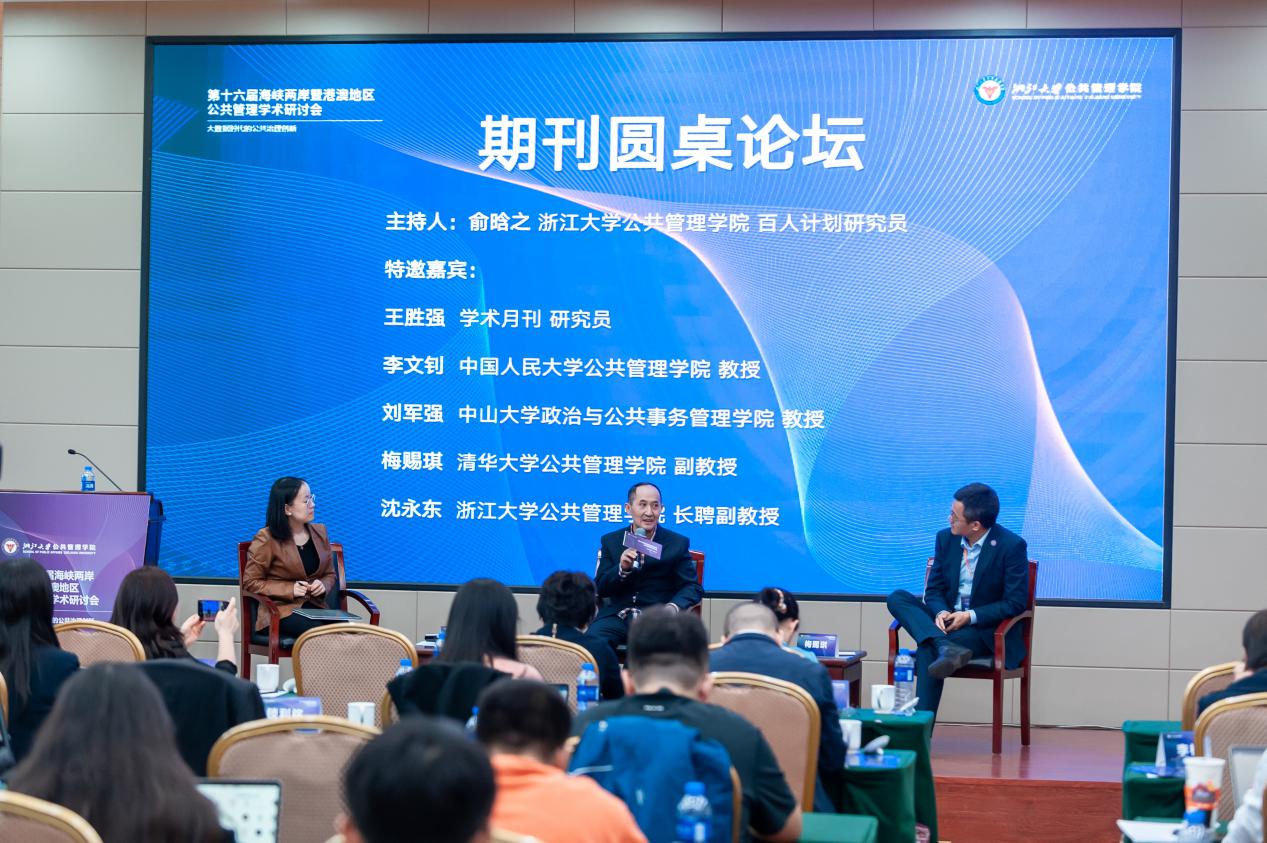
The four parallel forums of the conference were chaired by Professor Suo Liming of Nankai University, Professor Wang Shizong of Zhejiang University, Professor Yin Limin of Nanchang University and Professor Li Guihua of Sichuan University. Participants from 15 Universities, including Renmin University of China, Nankai University, Sichuan University, Nanchang University, Sun Yat-sen University, and City University of Hong Kong, shared their views on the topics of data-driven government governance modernization and social participation in public governance innovation. Professor Fu Liping from Tianjin University, Professor Chen Lijun from Zhejiang University, Professor Sun Tao from Nankai University, and Associate Professor Shuang Wenyuan from Huaqiao University made excellent comments.
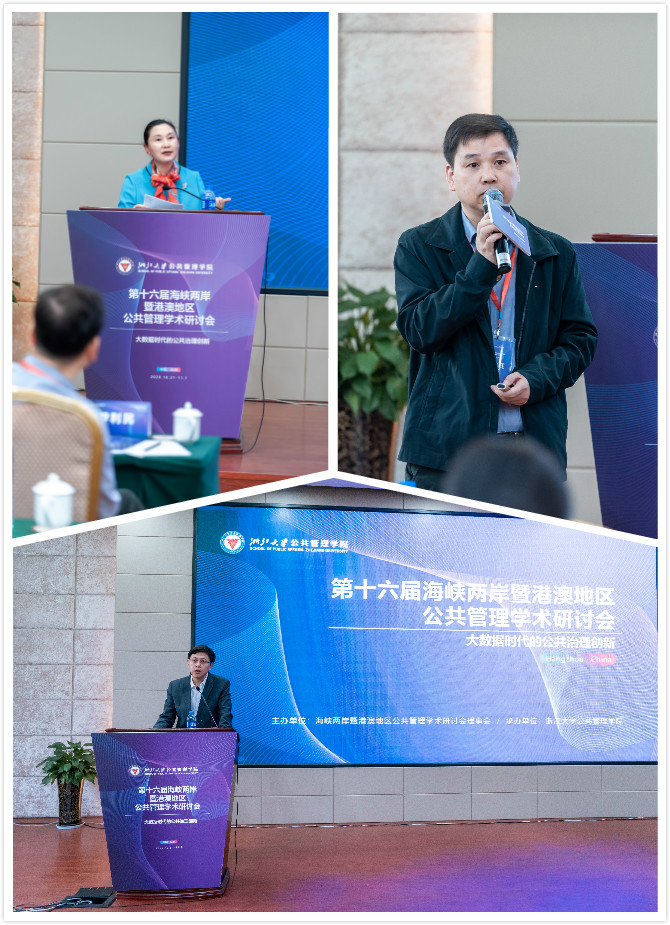
Professor Yu Jianxing, president of Zhejiang Industrial and Commercial University and dean of the School of Public Administration of Zhejiang University, delivered the closing speech. President Yu reviewed and summarized the course of the symposium, talked about the general objectives and application fields of digital governance, expressing a sincere wish to promote the progress of public management practice through similar conference forums.
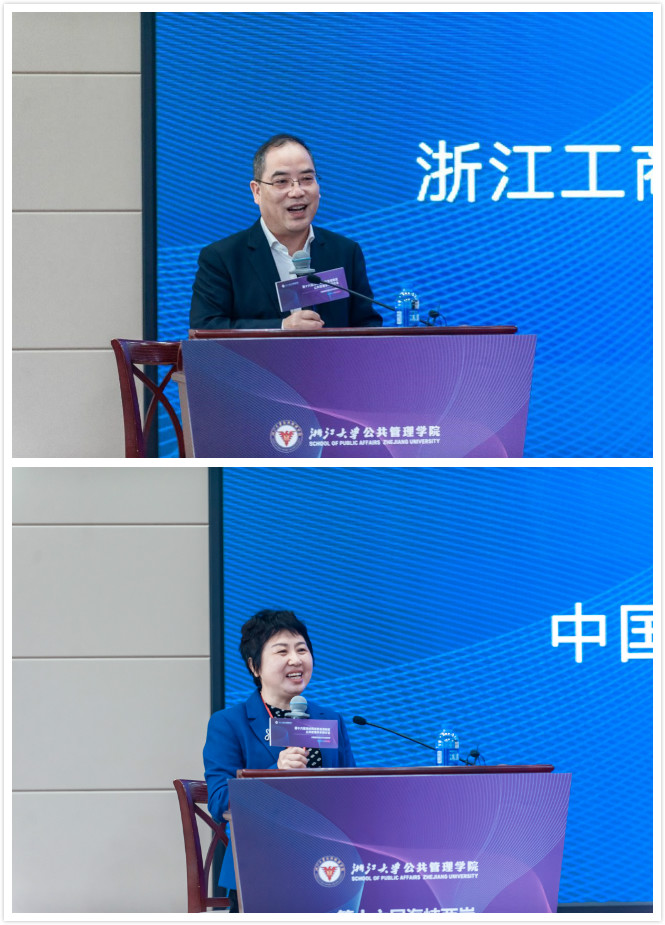
Professor Wei Na, Professor of Renmin University of China and General Secretary of the Symposium hosted the closing ceremony. In her speech, Professor Wei Na reviewed the development and fruitful achievements of the seminar over the past 15 years, and commented that the symposium is not only a meeting for public management scholars to exchange academic dynamics, but also a platform for scholars to communicate and learn from each other. At the same time, she also placed high hopes on young scholars, expressing heartfelt thanks to all the participants and conference staff.


